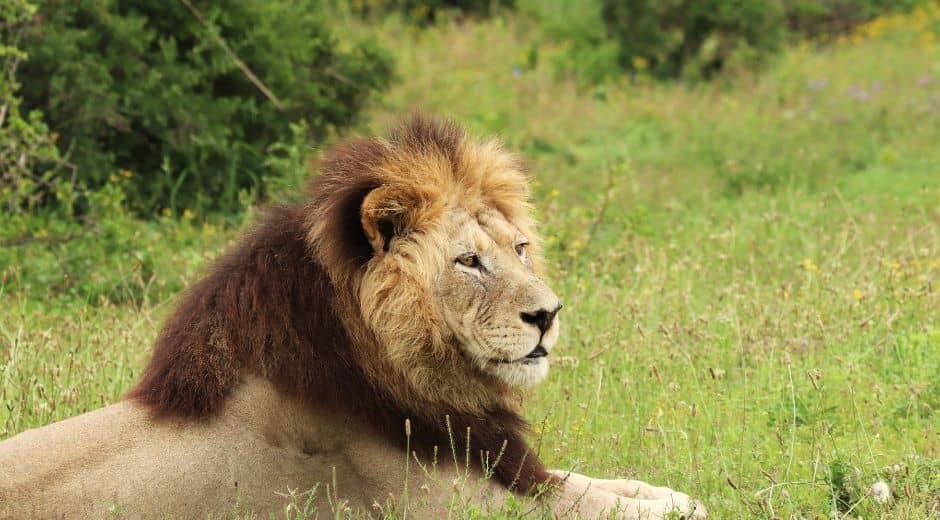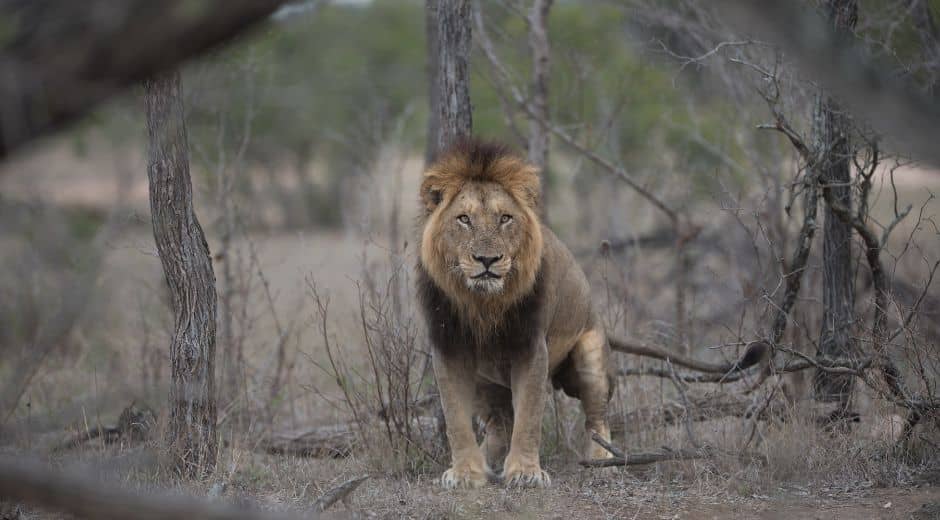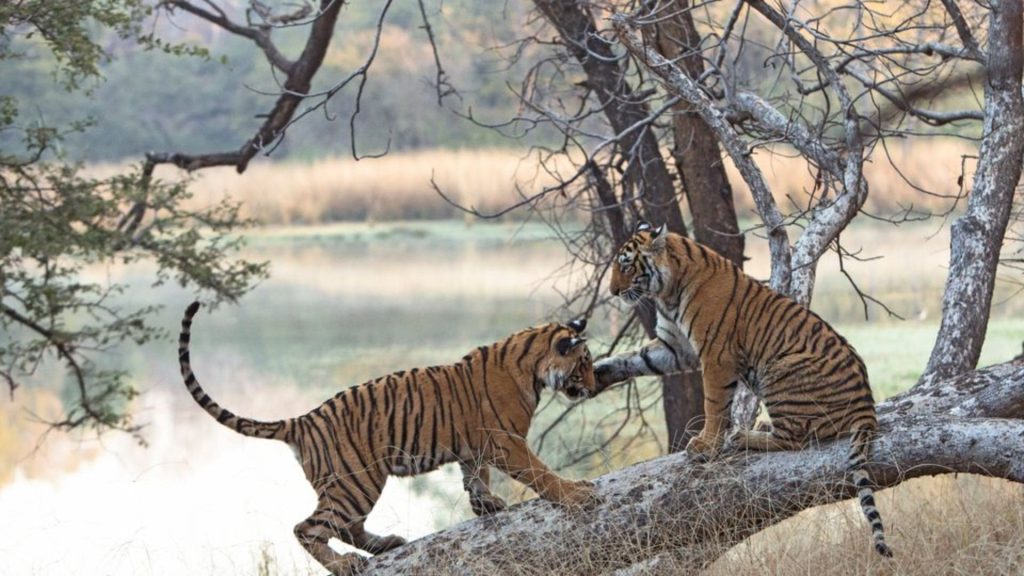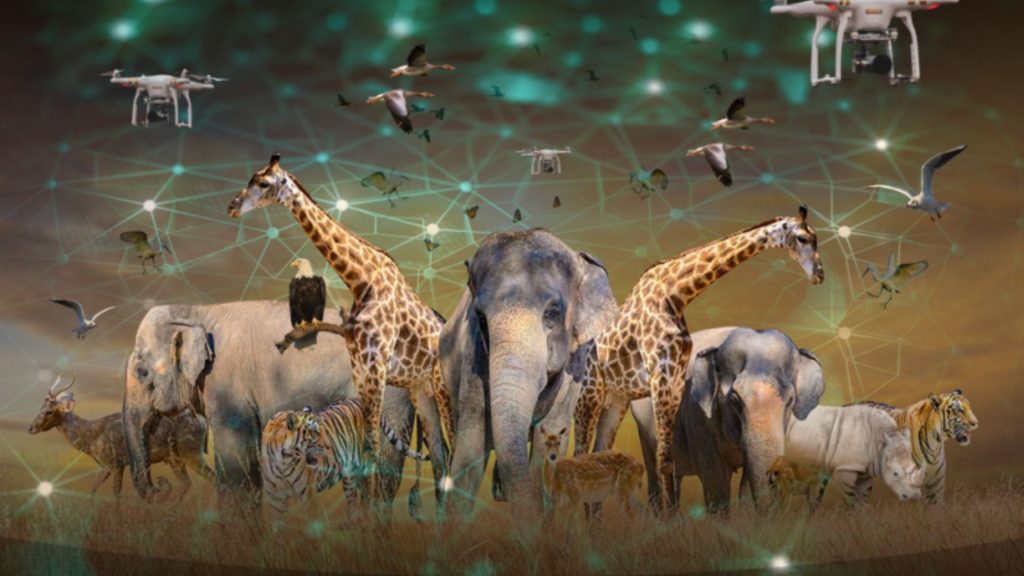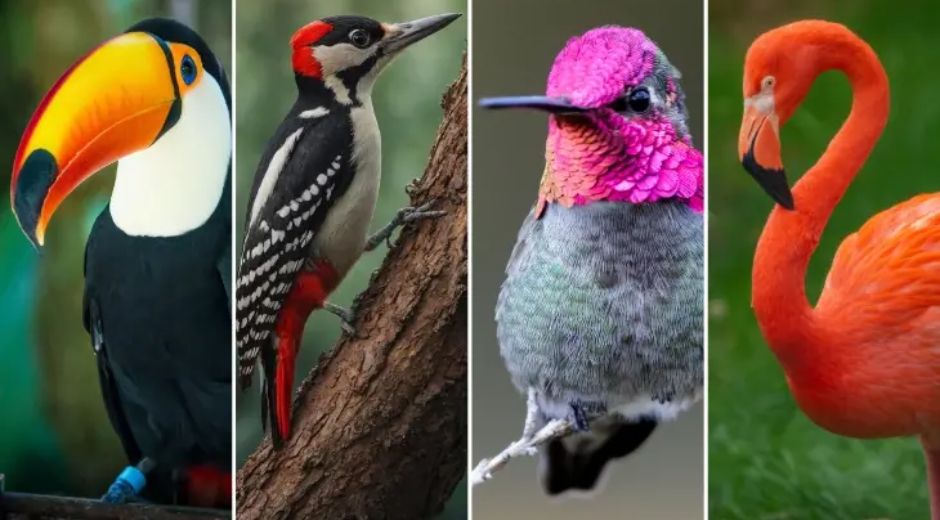Majestic Kings: Secrets of Lions in the Wild
Majestic Kings: Secrets of Lions in the Wild
Few creatures in the animal kingdom command the awe and respect that lions do. Often referred to as the Majestic Kings, these iconic predators have fascinated humans for centuries, not only for their strength and hunting prowess but also for their intricate social structures and behaviors. Observing lions in the wild offers a rare glimpse into a complex world of strategy, cooperation, and survival that is both inspiring and instructive.
The Pride: A Social Structure Like No Other
One of the most remarkable aspects of lions is their social organization. Unlike most big cats, lions live in groups called prides. A pride typically consists of several related females, their offspring, and a few resident males who defend the territory. This social arrangement provides stability and cooperative advantages for hunting, raising cubs, and defending against intruders.
The females, often the most active hunters, work together to stalk and bring down prey, while males protect the pride from rival lions. This cooperation demonstrates why lions are often called the Majestic Kings—their ability to balance strength with social intelligence allows them to thrive in challenging environments.
Hunting Strategies and Survival Skills
Lions are not solitary hunters like leopards; instead, they rely on coordinated attacks. Females often take the lead, using stealth and teamwork to ambush prey. Communication during hunts is subtle but effective, relying on body language, eye contact, and short vocal signals to coordinate movements.
Interestingly, lions do not always succeed on the first attempt. Persistence and strategic thinking are key. Cubs learn these techniques over time, observing adults and gradually participating in hunting. This combination of instinct, learning, and cooperation highlights the Majestic Kings’ adaptability and intelligence in the wild.
Territorial Behavior and Male Dominance
The Majestic Kings play a crucial role in protecting the pride. They patrol territories, scent-mark boundaries, and defend against rival males seeking to take over the group. This role requires not only physical strength but also strategic thinking. Battles between rival males can be fierce and decisive, determining the fate of the pride and ensuring that only the strongest Majestic Kings maintain control.
The manes are more than just a majestic feature—they serve as a symbol of strength and a visual warning to potential challengers. The presence of a healthy, dominant male can prevent conflicts within the pride and deter intruders from encroaching on the territory.
Communication in the Wild
Communication is vital to pride cohesion. Lions use a combination of vocalizations, scents, and body language to convey information. Roars, in particular, are powerful tools, allowing lions to announce their presence over vast distances. These vocalizations can deter rivals, coordinate hunts, or maintain social bonds within the pride.
Subtle gestures, such as nuzzling, licking, and head rubbing, reinforce social bonds and maintain harmony. Observing these behaviors in the wild provides insight into the complex emotional and social intelligence of the Majestic Kings. For readers interested in deeper exploration of animal behaviors, resources like FocusMindFlow offer fascinating studies on cognition and emotional intelligence in wildlife.
Challenges in the Wild
Despite their dominance, lions face significant threats in the wild. Habitat loss, human-wildlife conflict, and poaching have reduced their populations in many regions. Protecting these iconic animals requires understanding both their ecological needs and the pressures they face from expanding human activity.
Conservation programs focus on preserving habitats, mitigating conflicts, and educating local communities about the importance of lions in the ecosystem. Observing lions in their natural environments can foster respect and awareness, encouraging efforts to ensure their survival. For those planning to witness lions firsthand, TripBeyondTravel offers responsible wildlife experiences that emphasize ethical observation and environmental awareness.
The Role of Cubs in Pride Dynamics
Cubs are the future of the pride, and their upbringing is central to the survival of the species. Female lions invest considerable time teaching hunting skills, social behavior, and survival strategies. Cubs observe, play, and gradually participate in hunts, learning the intricacies of cooperation and strategy that will serve them as adults.
Play behavior among cubs is more than just fun—it’s a training ground. Through playful fights, mock chases, and social interactions, cubs develop strength, coordination, and social understanding. This nurturing environment underscores why lions are considered the Majestic Kings, as their social systems ensure continuity, learning, and resilience across generations.
Human Interaction and Ethical Considerations
As human populations expand, lions increasingly encounter people, leading to conflicts and challenges for conservation. Understanding the behavior and needs of lions is essential for developing strategies that protect both humans and wildlife. Ethical observation, habitat preservation, and community involvement are all critical to sustaining lion populations.
Platforms like Zoopora provide in-depth insights into lion behavior, conservation strategies, and responsible wildlife tourism. Educating the public about the complexity of pride dynamics, hunting strategies, and territorial behaviors fosters a deeper appreciation and respect for these magnificent predators.
Conclusion
Lions are more than powerful predators; they are complex, social, and intelligent creatures. Their coordinated hunts, intricate pride structures, and communication strategies illustrate why they are known as the Majestic Kings of the savannah. Observing lions in the wild is not merely an encounter with raw power—it’s a window into a sophisticated social world where strategy, cooperation, and resilience define survival.
By exploring the lives of lions, we gain insight into the broader tapestry of the natural world. Protecting these animals ensures that future generations can continue to witness the grace, strength, and intelligence of the Majestic Kings, while deepening our understanding of the delicate balance of ecosystems worldwide.
Wildlife Behavior Curiosity
Camouflage in Nature, How Animals Disappear in Plain Sight
Camouflage in Nature, How Animals Disappear in Plain Sight
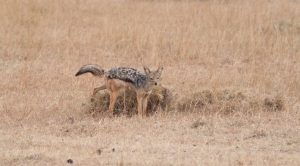
Territory and Animal Behavior, How Species Claim Their Space
Explore how animals establish and defend territory, why space matters for survival, and how territorial behavior shapes ecosystems.

Wilderness and the Human Spirit, Finding Balance in Nature
Explore how the wilderness awakens creativity, calm, and self-discovery, guiding people back to balance in an increasingly digital world.
